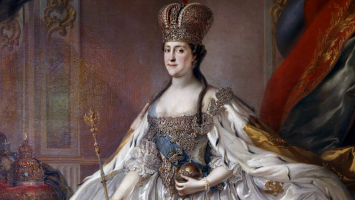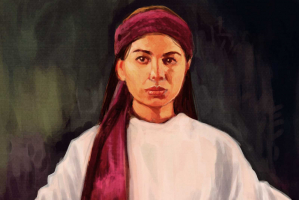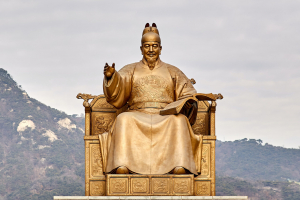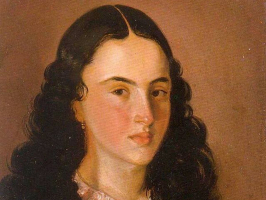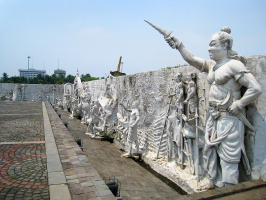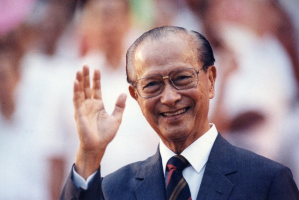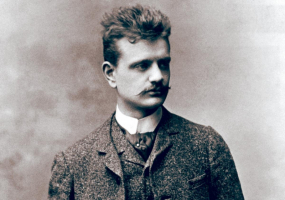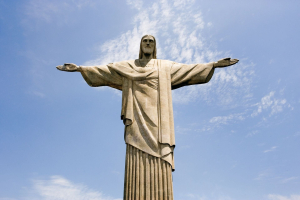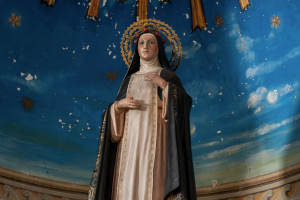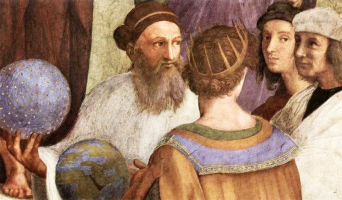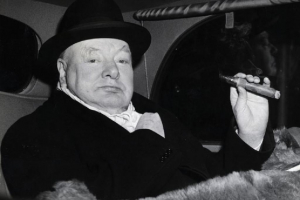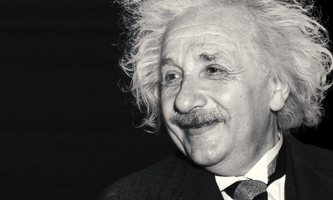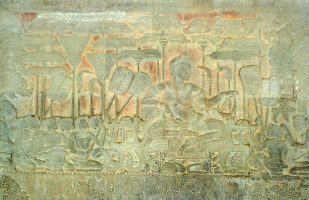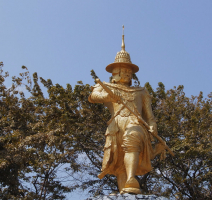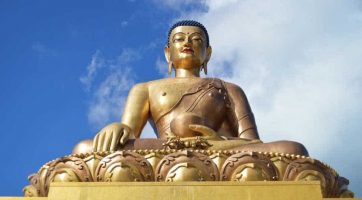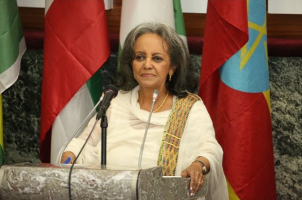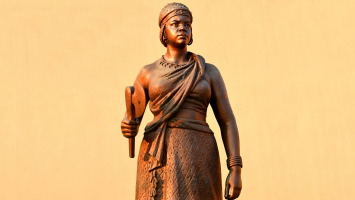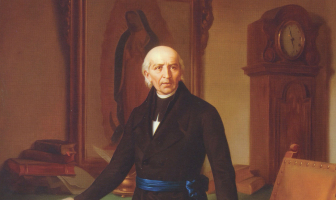Top 10 Most Important Historical Figures In Ukraine
Ukrainian history is brimming with notable figures whom locals learn about and admire. Those great people contributed to the formation of the modern state, ... read more...made culture rich and diverse, and brought a variety of incredible inventions to the world. Read our article about the most important historical figures in Ukraine to meet the people and figures that every Ukrainian knows and loves.
-
Vladimir I Sviatoslavich (958 - 15 July 1015), also known as Vladimir the Great or Volodymyr the Great, was Prince of Novgorod, Grand Prince of Kiev, and ruler of Kievan Rus' from 980 to 1015.
Vladimir's father was Rurikid dynasty Prince Sviatoslav I of Kiev. Following his father's death in 972, Vladimir, who was then prince of Novgorod, was forced to flee to Scandinavia in 976 after his brother Yaropolk murdered his other brother Oleg of Drelinia, becoming the sole ruler of Rus'. In Sweden, he assembled a Varangian army and reconquered Novgorod from Yaropolk with the help of his relative Ladejarl Hkon Sigurdsson, ruler of Norway. By 980, Vladimir had consolidated the Rus realm from modern-day Belarus, Russia, and Ukraine to the Baltic Sea, and had solidified the borders against incursions of Bulgarians, Baltic tribes, and Eastern nomads. Originally a Slavic pagan, Vladimir converted to Christianity and Christianized Kievan Rus' in 988. He is thus also known as Saint Vladimir or Saint Volodymyr.
The feast day of St. Vladimir is July 15/28 in the Eastern Orthodox, Byzantine Rite Lutheran, and Roman Catholic churches. Vladimir founded and named the town Volodymyr in northwestern Ukraine. Vladimir Monomakh is also credited with founding the town Vladimir in Russia. Some researchers believe it was also founded by Vladimir the Great .
St Volodymyr's Cathedral, one of Kyiv's largest cathedrals, is dedicated to Vladimir the Great, as was the Kyiv University at one time. He is also commemorated by the Imperial Russian Order of St. Vladimir and Saint Vladimir's Orthodox Theological Seminary in the United States.
Vladimir's memory is also preserved in numerous Russian folk ballads and legends, which refer to him as Krasno Solnyshko (the Fair Sun, or the Red Sun). With Vladimir, the Varangian period of Eastern Slavic history comes to an end, and the Christian period begins. Since the Soviet era, the appropriation of Kievan Rus' as part of national history has been a source of contention in Ukrainophile vs. Russophile schools of historiography. Today, he is regarded as a symbol in Russia, Ukraine, and Belarus.
Under him, all sectors of the economy thrived. He minted coins and oversaw foreign affairs with other countries, such as trade, bringing in Greek wines, Baghdad spices, and Arabian horses for the Kiev markets.
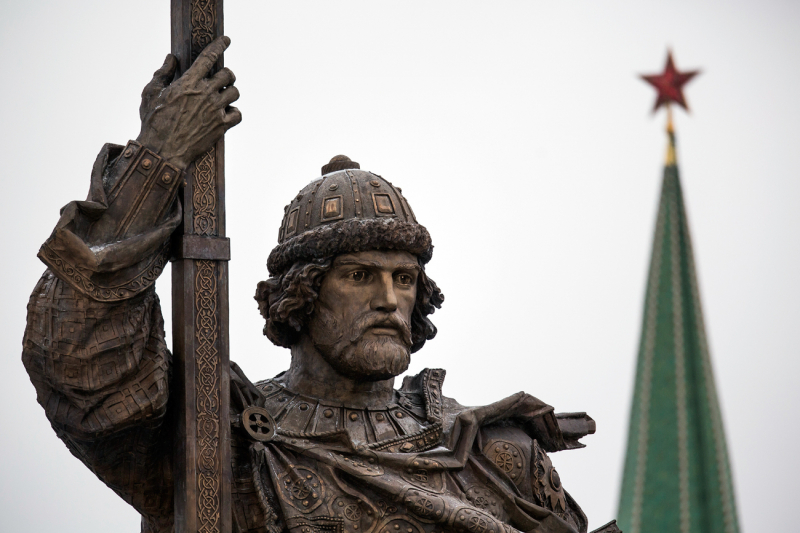
rbth.com 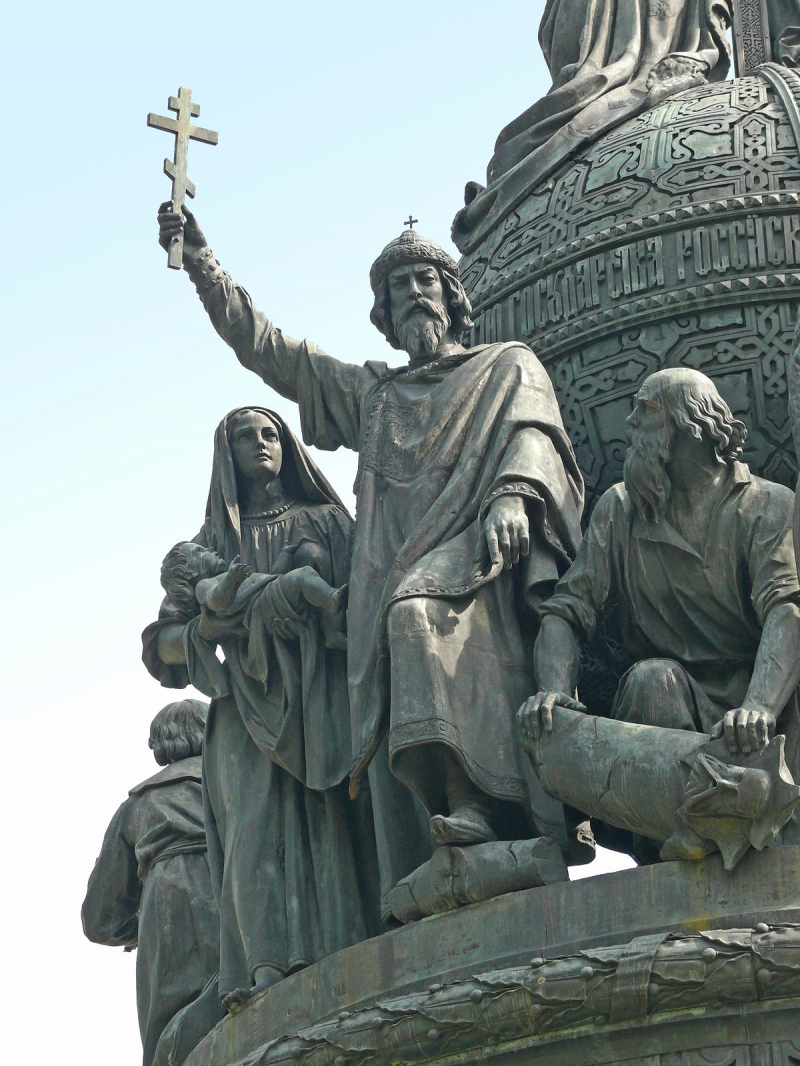
commons.wikimedia.org -
Mykola Dmytrovych Leontovych (13 December [O.S. 1 December] 1877 - 23 January 1921) was a Ukrainian composer, conductor, ethnomusicologist, and teacher. Mykola Lysenko and the Ukrainian National Music School influenced his music. Leontovych specialized in a cappella choral music, which included original compositions, church music, and intricate arrangements of folk songs.
Leontovych was born and raised in the Russian Empire's Podolia province (now in Ukraine). He was educated as a priest at the Kamianets-Podilskyi Theological Seminary and later continued his musical education at the Saint Petersburg Court Capella and with Boleslav Yavorsky in private lessons. Leontovych relocated to Kyiv following the 1917 revolution, where he worked at the Kyiv Conservatory and the Mykola Lysenko Institute of Music and Drama. He is best known for writing Shchedryk in 1904 (which premiered in 1916), also known as Carol of the Bells or Ring, Christmas Bells in the English-speaking world. In the Eastern Orthodox Ukrainian Church, he is remembered as a martyr, as well as for his liturgy, the first liturgy written in vernacular, specifically modern Ukrainian. In 1921, he was assassinated by a Soviet agent.
Leontovych's compositions and arrangements became popular with both professional and amateur groups across the Ukrainian region of the Russian Empire during his lifetime. In France, performances of his works in Western Europe and North America earned him the moniker "the Ukrainian Bach." Apart from his well-known Shchedryk, Leontovych's music is mostly heard in Ukraine and the Ukrainian diaspora.
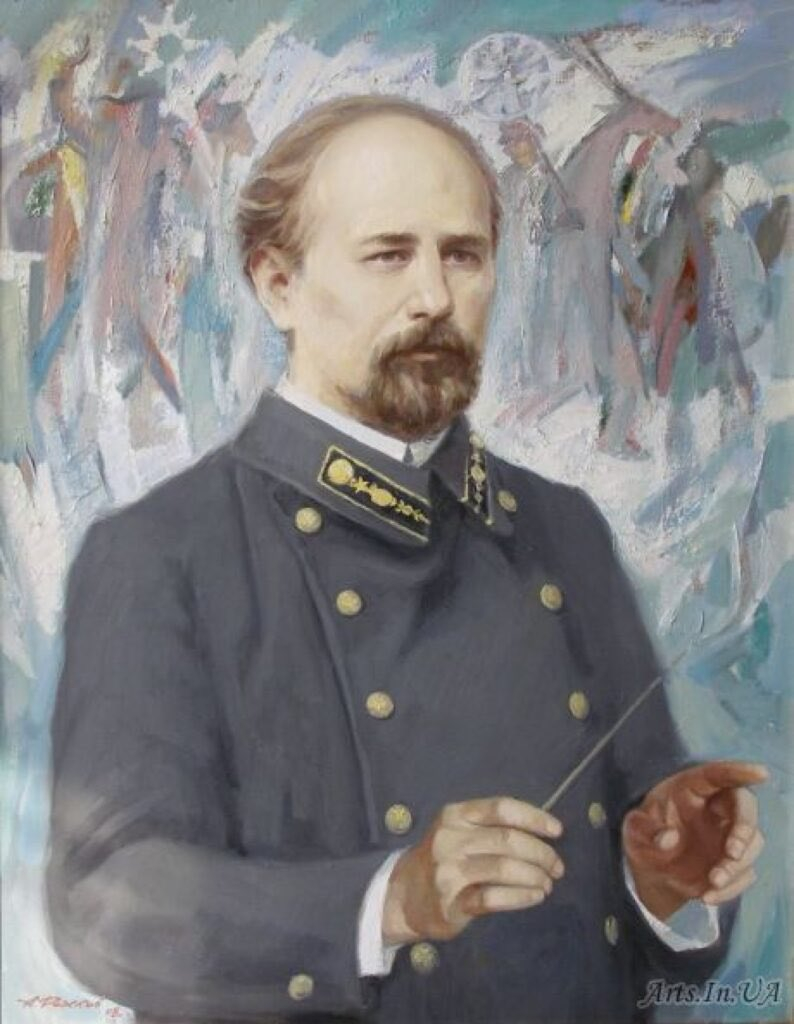
twitter.com 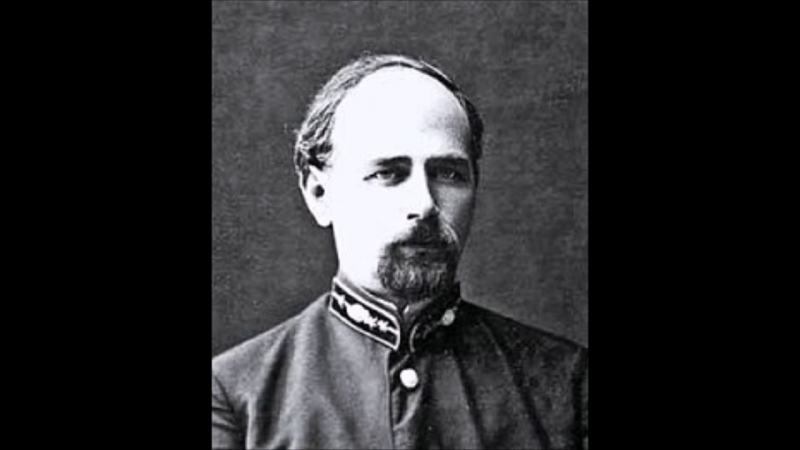
Photo: Στάθης Χρόνης's Youtube Channel -
Bohdan Zynovii Mykhailovych Khmelnytskyi (1595 - 6 August 1657) was a Ukrainian military commander and Hetman of the Zaporozhian Host, which was then under the suzerainty of He led an uprising against the Commonwealth and its magnates that resulted in the establishment of an independent Ukrainian Cossack state (1648-1654) In 1654, he signed the Treaty of Pereyaslav with the Russian Tsar and allied the Cossack Hetmanate with the Tsardom of Russia, bringing central Ukraine under Russian control.
Khmelnytsky had a significant impact on Ukrainian history. He not only influenced Ukraine's future, but also the balance of power in Europe, as the weakness of Poland-Lithuania was exploited by Austria, Saxony, Prussia, and Russia. His actions and role in events were viewed differently by different contemporaries, and his legacy is still viewed differently today.
In Ukraine, Khmelnytsky is widely regarded as a national hero. A city and a region are named after him. His image appears prominently on Ukrainian banknotes, and his monument in Kiev's center is a focal point of the Ukrainian capital. There have also been several issues of the Order of Bohdan Khmelnytsky, one of Ukraine's and the former Soviet Union's highest decorations.
Despite all of this positive regard for his legacy, it is far from universal, even in Ukraine. He is chastised for his union with Russia, which some believe has been disastrous for the country's future. According to a 2018 poll conducted by Ukraine's Rating Sociological Group, 73% of Ukrainian respondents favored Khmelnytsky.
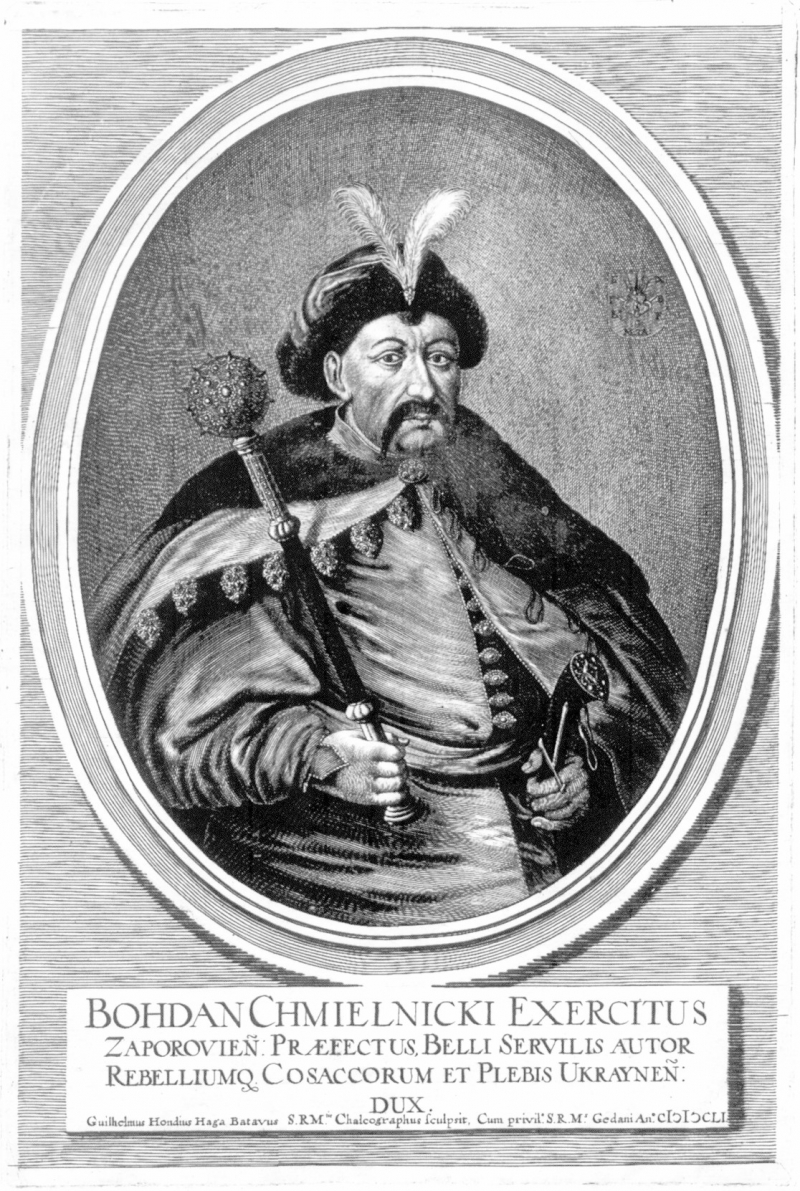
en.wikipedia.org 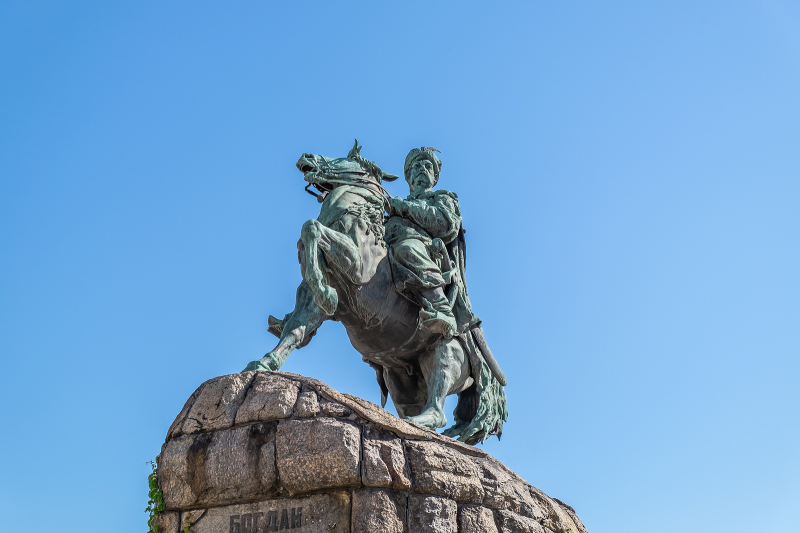
emerging-europe.com -
Mykhailo Petrovych Drahomanov (September 18, 1841 - July 2, 1895) was a Ukrainian political theorist, economist, historian, philosopher, ethnographer, and public figure. Drahomanov is regarded as one of Ukraine's first socialist activists.
While continuing to pursue his academic career, Drahomanov was a leader of the Kiev Hromada (later known as the Old Hromada). As a member of the Russian Geographic society, he established contacts with Ukrainians of Austria (in Galicia). Under his influence, the Academic Circle in Lemberg (today Lviv) adopted the Ukrainian democratic platform.
In 1876, Drahomanov became a spokesman for Hromada in Western Europe, settling in Geneva, Switzerland. Between 1878 and 1882, he published a Ukrainian political magazine Hromada and a number of Russophone pamphlets. Drahomanov also founded a Ukrainian socialist organization, the Geneva Circle. In 1886, his political stance became incompatible with Hromada, resulting in
Drahomanov's legacy can be found throughout the Ukrainian tradition of leftist political parties and political activism. In the late 1870s, he personally influenced a handful of younger Ukrainian intellectuals in Habsburg Galicia, most notably Ivan Franko and Mykhailo Pavlyk, both of whom accepted his ideas but later reworked them to fit their own mold. These intellectuals established the first Ukrainian political party, the Ruthenian-Ukrainian Radical Party, in 1890. Because this party's program was socialist, it can be considered one of the first socialist parties in Eastern Europe.
Drahomanov attempted to popularize an orthographic reform named after him, the Drahomanivka. The former "Kyivan State Pedagogical University Named After Maxim Gorky" was renamed "Kyivan State Pedagogical University Named After Mykhaylo Drahomanov" in Kyiv in 1991. The university was granted "National University" status in 1997.
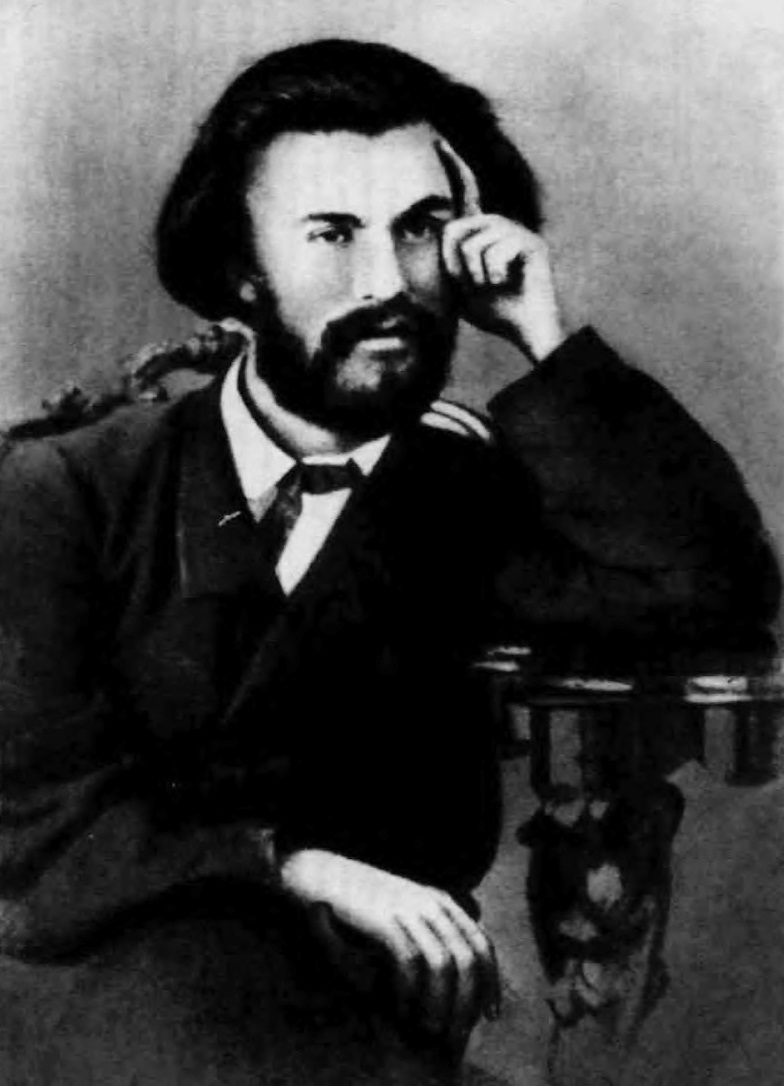
commons.wikimedia.org 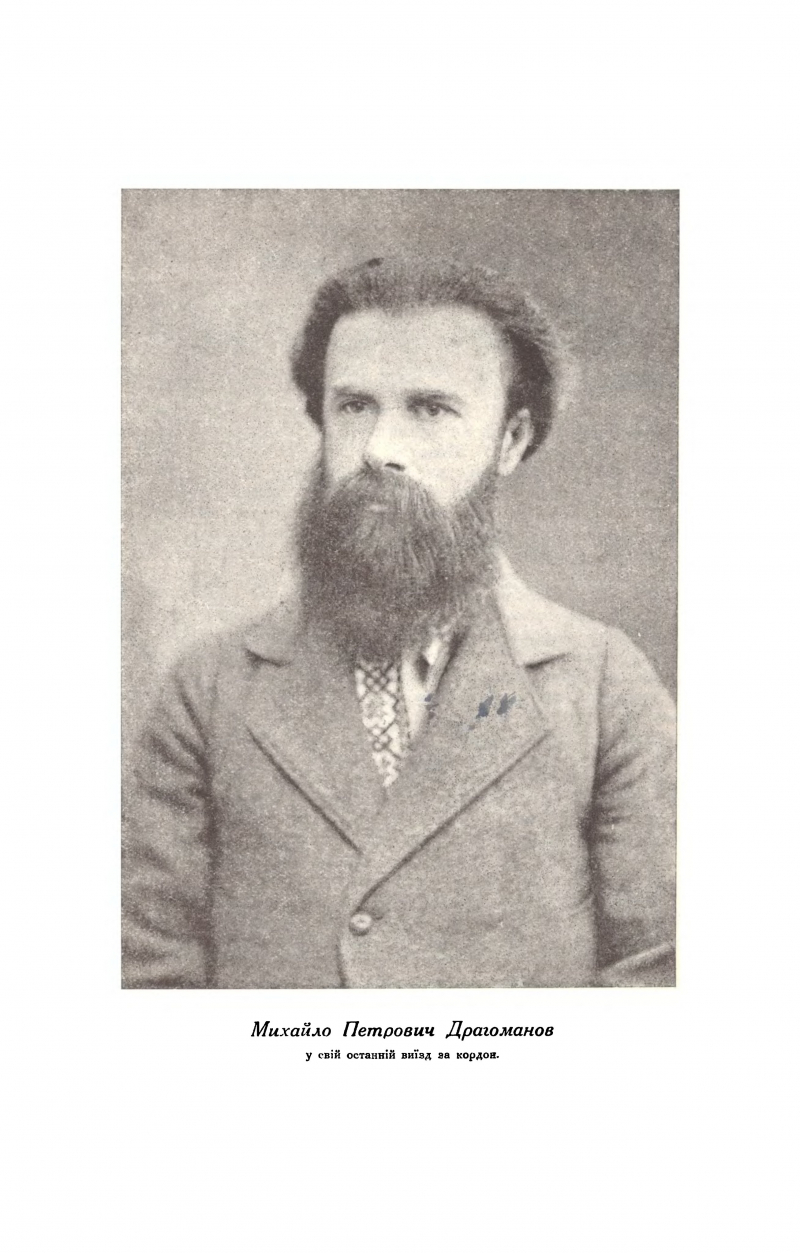
twitter.com -
Taras Hryhorovych Shevchenko, also known as Kobzar Taras or simply Kobzar (a kobzar is a bard in Ukrainian culture), was a Ukrainian poet, writer, artist, public and political figure, folklorist, and ethnographer who lived from 9 March [O.S. 25 February] 1814 to 10 March [O.S. 26 February] 1861. His literary legacy is regarded as the foundation of modern Ukrainian literature and, to a large extent, the modern Ukrainian language, though the language of his poems differs. He also wrote some Russian works (nine novellas, a diary, and an autobiography). Shevchenko is also well-known for his works as a painter and illustrator and is one of the most important historical figures in Ukraine.
He was an Imperial Academy of Arts fellow. Despite never having been a member of the Brotherhood of Saints Cyril and Methodius, Shevchenko was convicted in 1847 of explicitly promoting Ukrainian independence, writing poems in Ukrainian, and mocking members of the Russian Imperial House. Contrary to members of society who did not understand that their actions contributed to the idea of an independent Ukraine, he was a champion of independence, according to the secret police.
Many memorials to Shevchenko can be found throughout Ukraine, most notably at his memorial in Kaniv and in the center of Kyiv, just across from the Kyiv University that bears his name. Tarasa Shevchenka Metro Station in Kyiv is also named after Shevchenko. Other notable poet monuments in Ukraine include those in Kharkiv (in front of Shevchenko Park), Lviv, Luhansk, and many others.
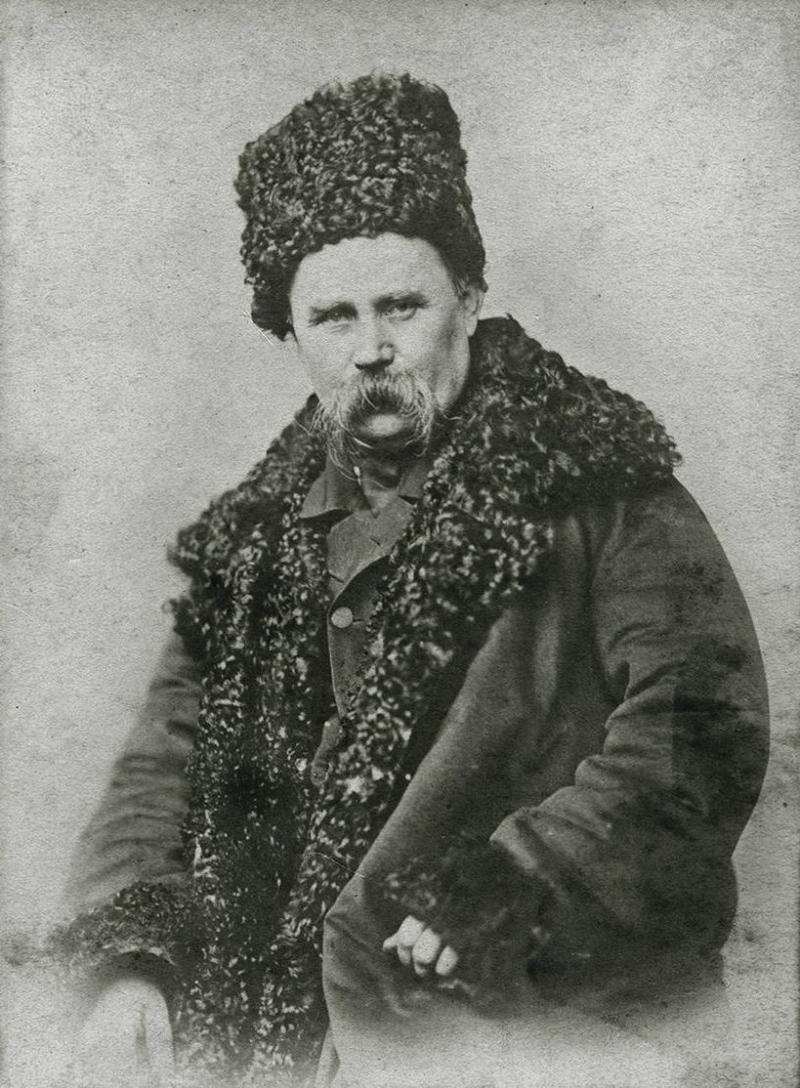
en.wikipedia.org 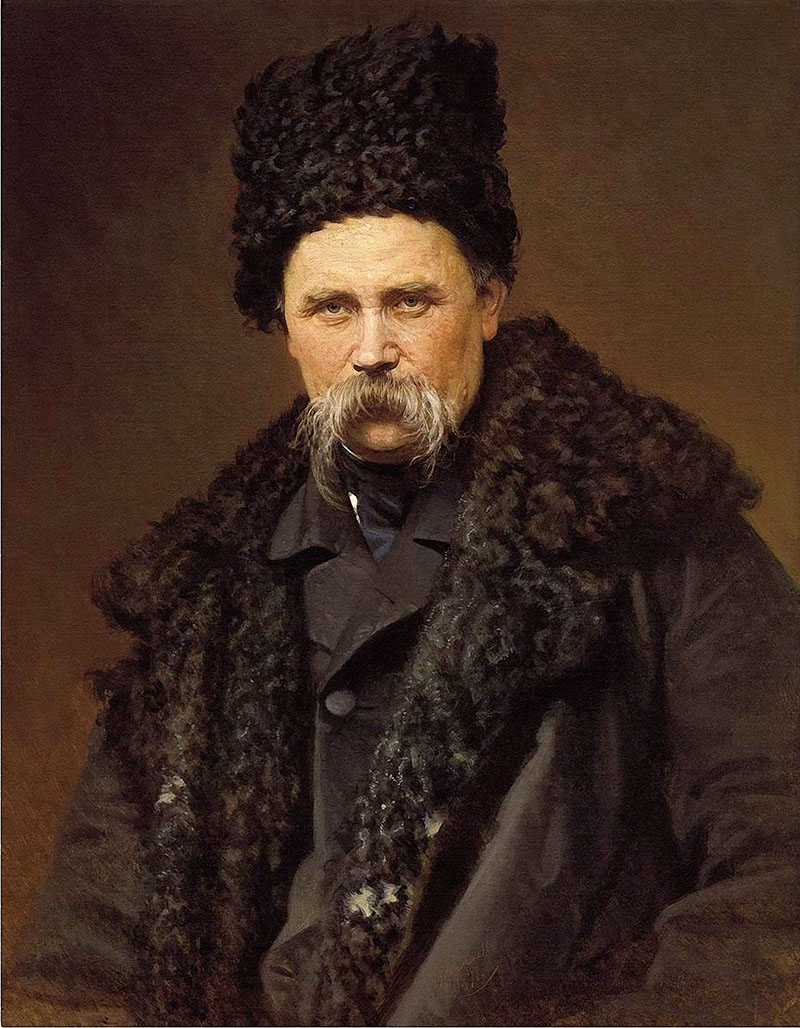
en.tchaikovsky-research.net -
Ivan Yakovych Franko (27 August 1856 - 28 May 1916) was a Ukrainian poet, writer, social and literary critic, journalist, interpreter, economist, political activist, doctor of philosophy, ethnographer, and the author of the first detective novels and modern poetry in the Ukrainian language.
He was a political radical and the founder of the western Ukrainian socialist and nationalist movement. In addition to his own works, he translated into Ukrainian the works of famous authors such as William Shakespeare, Lord Byron, Pedro Calderón de la Barca, Dante Alighieri, Victor Hugo, Adam Mickiewicz, Johann Wolfgang von Goethe, and Friedrich Schiller. His translations were performed on the Ruska Besida Theatre stage. He, like Taras Shevchenko, has had a huge influence on modern literary and political thought in Ukraine.
In his honor, the city of Stanyslaviv in western Ukraine (formerly Stanisawów, Poland) was renamed Ivano-Frankivsk in 1962. As of November 2018, there were 552 streets named after Ivan Franko in the Ukrainian-controlled part of Ukraine .
He is also known as Kameniar for his famous poem "Kameniari" (The Rock Breakers), which was written during the Soviet regime. Although he was a socialist, his political views did not always align with Soviet ideology. On April 8, 1978, astronomer Nikolai Chernykh named an asteroid 2428 Kamenyar in honor of Franko.
The Rising Hawk, a $5 million budget Ukrainian-American historical action film, was released in 2019. It is based on Ivan Franko's historical fiction novel Zakhar Berkut.
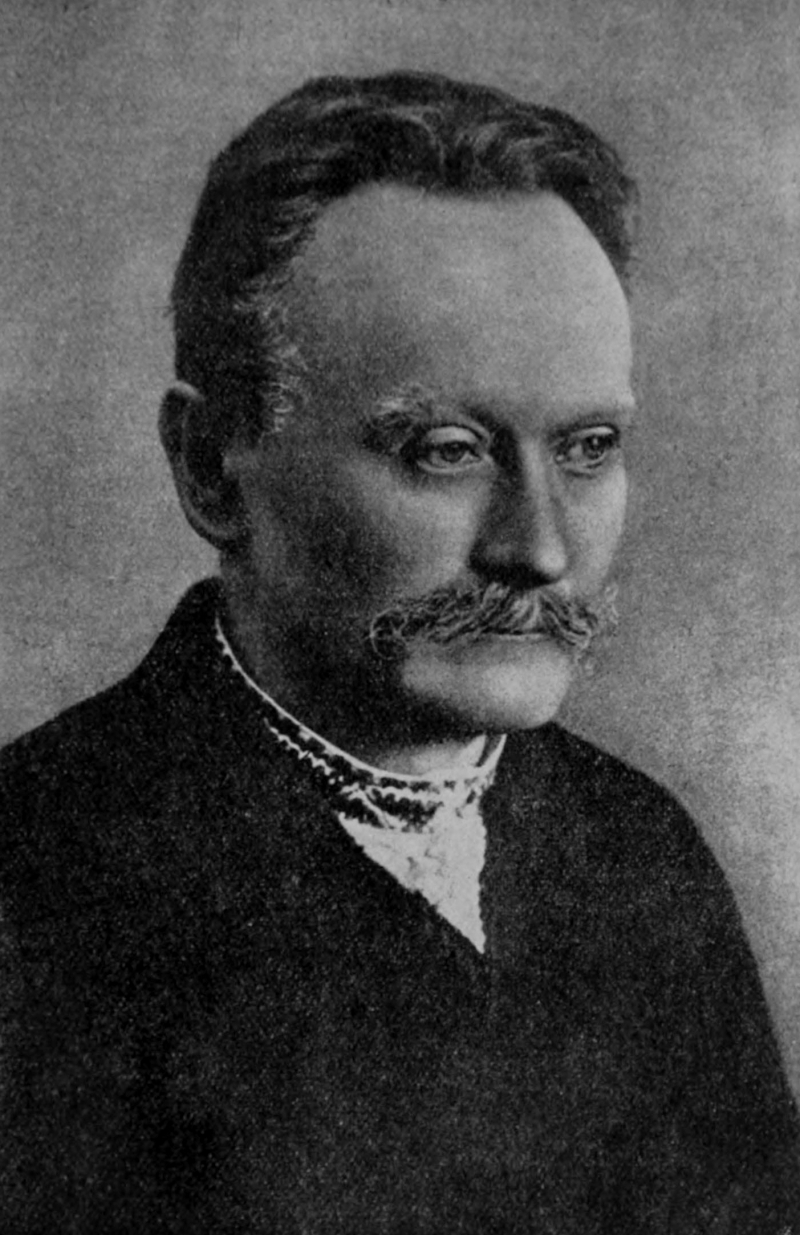
commons.wikimedia.org 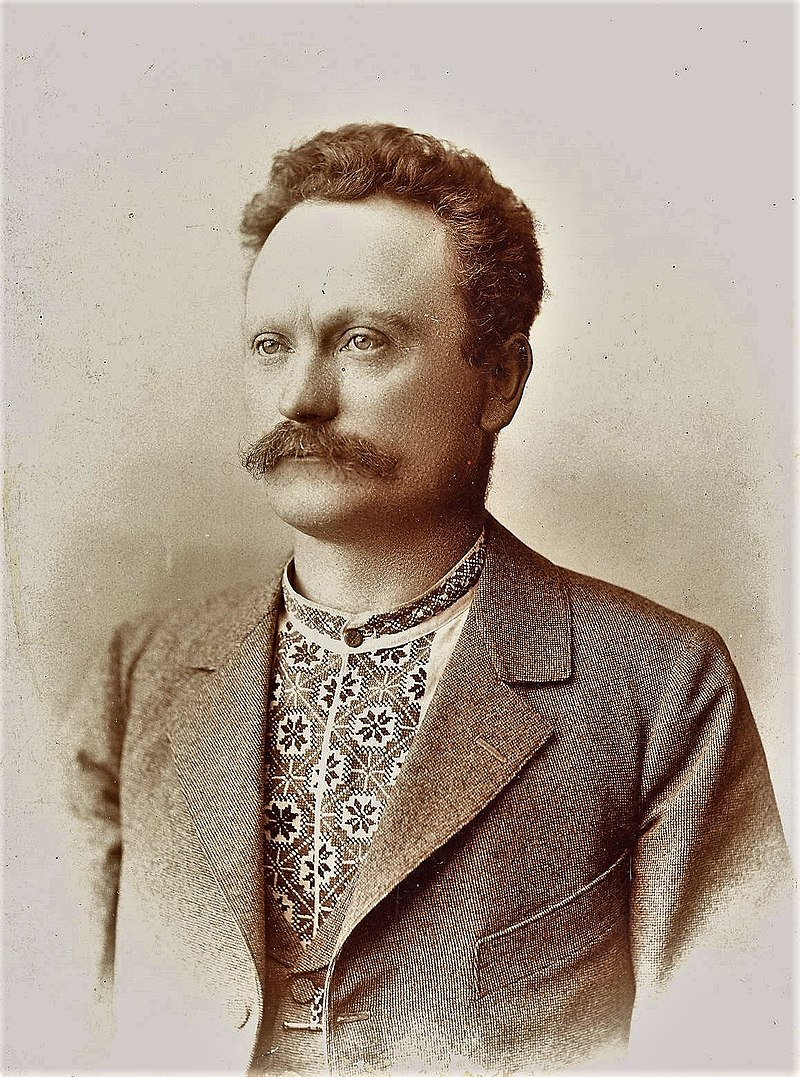
commons.wikimedia.org -
Hryhorii Skovoroda, also known as Gregory Skovoroda or Grigory Skovoroda (3 December 1722 - 9 November 1794) was a philosopher of Ukrainian He was also a poet, teacher, and liturgical music composer. His profound influence on his contemporaries and subsequent generations, as well as his way of life, were universally regarded as Socratic, and he was frequently referred to as a "Socrates". Skovoroda's work contributed to the cultural heritage of both modern-day Ukraine and Russia. So he is considered one of the most important historical figures in Ukraine.
Skovoroda wrote in three languages: Church Slavic, Ukrainian, and Russian, with many Western-Europeanisms and quotations in Latin and Greek. The majority of his preserved letters were written in Latin or Greek, but a small fraction used the variety of Russian of the educated class in Sloboda Ukraine, a result of long Russification but with many Ukrainianisms still evident.
He received his education at Kiev's Collegium Mohileanum (Kyiv, Ukraine). The philosopher led the life of an itinerant thinker-beggar, haunted by worldly and spiritual powers. In his tracts and dialogs, he discusses biblical issues alongside those previously discussed by Plato and the Stoics. Skovoroda's first book was published in Saint Petersburg after his death in 1798. In 1861, the complete works of Skovoroda were published for the first time in Saint Petersburg. Many of his works were only available in manuscript form prior to this edition.
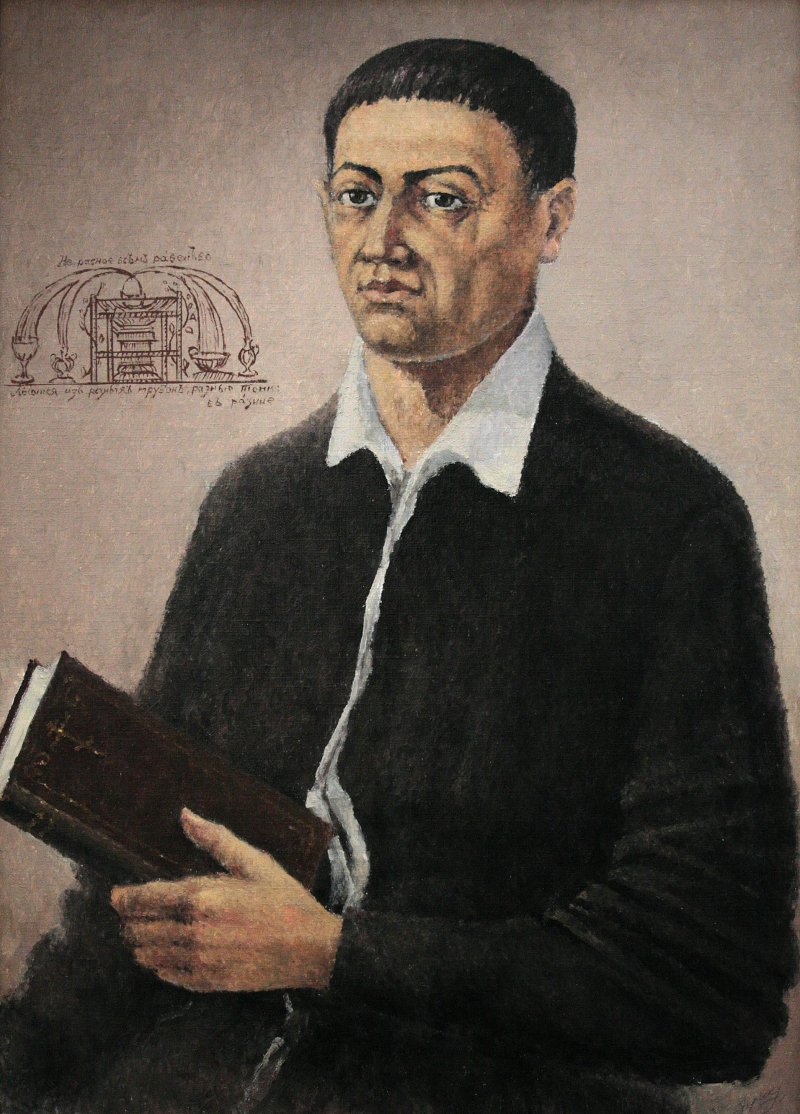
vm.ukma.edu.ua 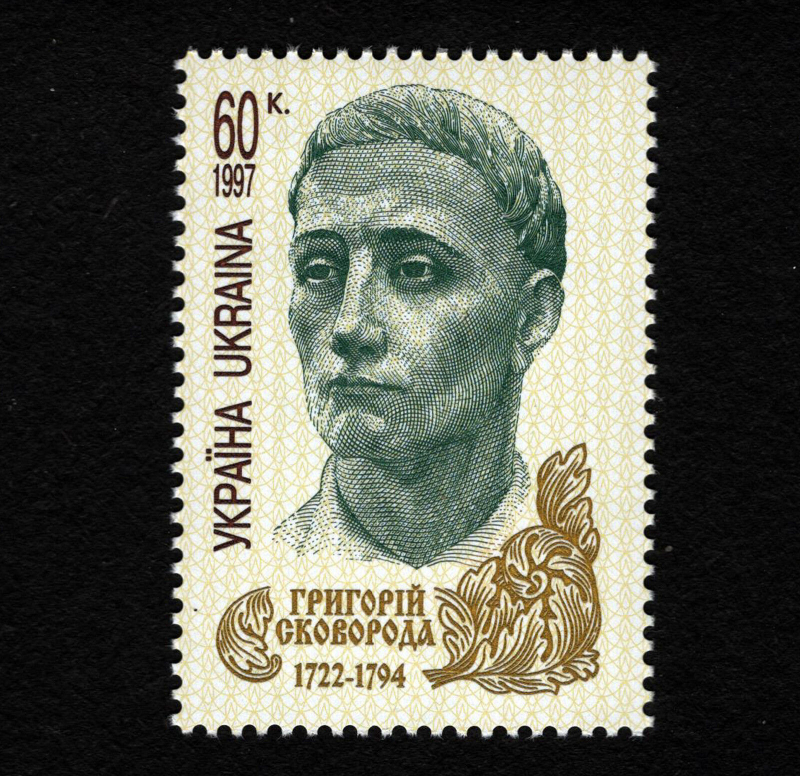
ebay.com -
Stepan Andriyovych Bandera (1 January 1909 - 15 October 1959) was a Ukrainian far-right leader of the radical, terrorist wing of Organization of Ukrainian Nationalists named OUN-B. He is regarded as one of the most important historical figures in Ukraine.
Bandera was born in the Austro-Hungarian Empire, in economically backward Galicia (officially Kingdom of Galicia and Lodomeria, created after the first partition of Poland, now in Western Ukraine), into a patriotic and religious family. Bandera became radicalized during this time. He enrolled at the Polytechnic in Lwów, where he founded Ukrainian nationalist organizations. Bandera was sentenced to death for his role in the 1934 assassination of Poland's Interior Minister Bronisaw Pieracki, but his sentence was commuted to life in prison. As a result of the invasion of Poland in September 1939, he was released from Bereza Kartuska Prison and relocated to Kraków, in the German-occupied zone of Poland, where he maintained close ties with the Abwehr and Wehrmacht.
During World War II, Bandera worked with Nazi Germany on several occasions, and when Germany invaded the Soviet Union on 22 June 1941, he prepared the 30 June 1941 Proclamation of Ukrainian Statehood in Lviv, pledging to work with Germany. However, the German authorities saw it as an attempted coup, and Bandera was arrested by the Gestapo and held under house arrest on July 5, 1941, and later as an honorary inmate in Berlin prison. Bandera was transferred to Zellenbau, a section of the concentration camp Sachsenhausen for political inmates, after January 1942, but was kept in a special, comparatively comfortable detention. Bandera was released in October 1944, as Nazi Germany was rapidly losing ground in the war due to the advance of Allied armies. The Germans hoped that by working with OUN-B, he would be able to deter the advancing Soviet forces, but Bandera refused to cooperate and fled south within Germany. After the war, Bandera and his family relocated to West Germany, where he continued to lead the OUN-B and collaborated with several anti-communist organizations, including the Anti-Bolshevik Bloc of Nations, as well as US and British intelligence agencies. Bandera was assassinated by KGB agents in Munich, West Germany, fourteen years after the war ended.
On 22 January 2010, Ukraine's President Viktor Yushchenko awarded Bandera the posthumous title of Hero of Ukraine. The European Parliament, Russia, Poland, and Jewish politicians and organizations all condemned the award. President Viktor Yanukovych declared the award illegal, because Bandera was never a Ukrainian citizen, a requirement for receiving the award. This announcement was confirmed by a court decision in April 2010. In January 2011, the award was officially annulled. In August 2019, the Ukrainian parliament rejected a proposal to bestow the award on Bandera.
Bandera remains a divisive figure in Ukraine, with many Ukrainians, including some Ukrainian diaspora scholars, hailing him as a role model hero, martyred liberation fighter, while others, particularly in the south and east, condemn him as a fascist, Nazi collaborator, and war criminal who was responsible for the massacres of Polish and Jewish civilians with his followers.
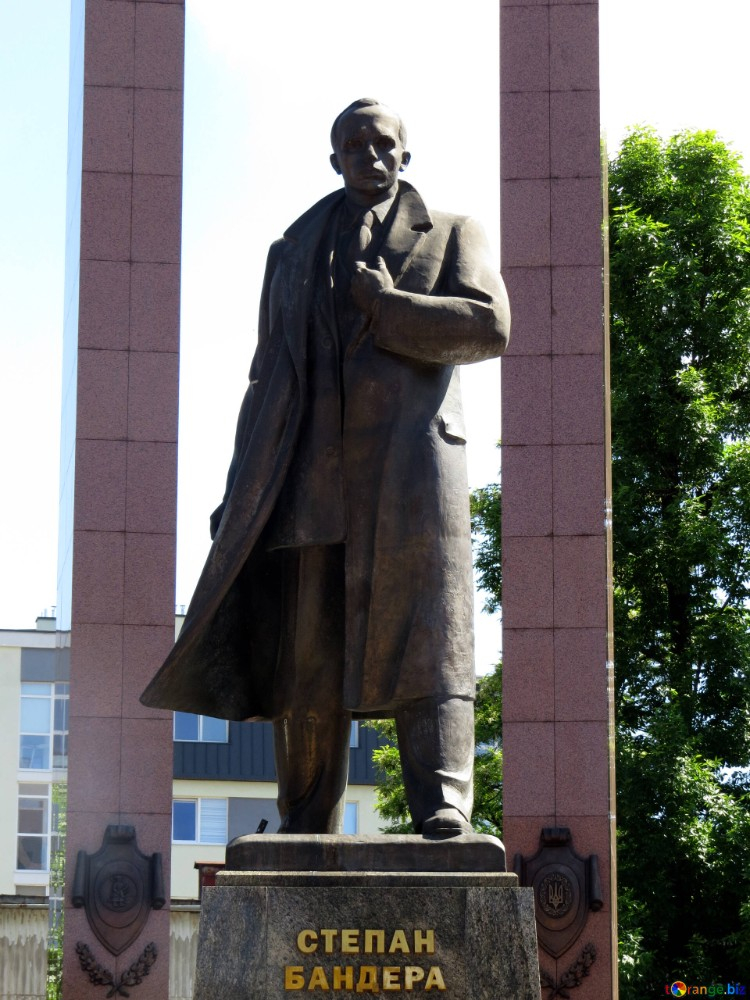
https://www.meme-arsenal.com/ 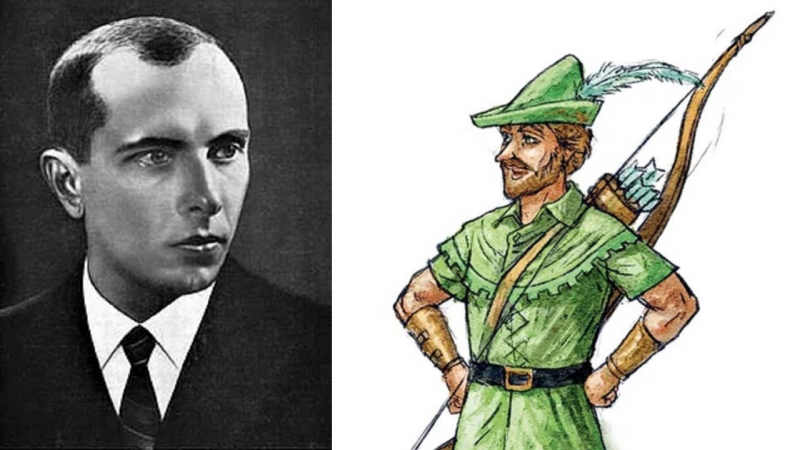
Photo: Djuki San's Youtube Channel -
Igor Ivanovich Sikorsky (May 25, 1889 - October 26, 1972) was a Russian-American aviation pioneer who pioneered both helicopters and fixed-wing aircraft. His first success came with the S-2, his second aircraft design and build. His fifth airplane, the S-5, earned him national recognition as well as F.A.I. license number 64. His S-6-A won the highest award at the 1912 Moscow Aviation Exhibition, and the aircraft won first prize for its young designer, builder, and pilot in the military competition at Saint Petersburg in the fall of that year.
Sikorsky founded the Sikorsky Aircraft Corporation in 1923 after immigrating to the United States in 1919, and developed the first of Pan American Airways' ocean-crossing flying boats in the 1930s.
Sikorsky designed and flew the first viable American helicopter, the Vought-Sikorsky VS-300, which pioneered the rotor configuration used by most helicopters today. Sikorsky modified the design into the Sikorsky R-4, which became the world's first mass-produced helicopter in 1942.
Sikorsky was inducted into the International Air & Space Hall of Fame in 1966. The professional careers of Sikorsky and Andrei Tupolev were covered in the 1979 Soviet biopic The Poem of Wings (Russian: ома о крлx), in which Sikorsky was played by Yury Yakovlev. For filming, a working model of the Sikorsky Ilya Muromets was created.
The Sikorsky Memorial Bridge, which connects the Merritt Parkway to the Sikorsky corporate headquarters, is named after him. The Connecticut State Legislature has named Sikorsky a Connecticut Aviation Pioneer. Sikorsky Aircraft Corporation in Stratford, Connecticut, remains one of the world's leading helicopter manufacturers to this day, and a nearby small airport has been named Sikorsky Memorial Airport.
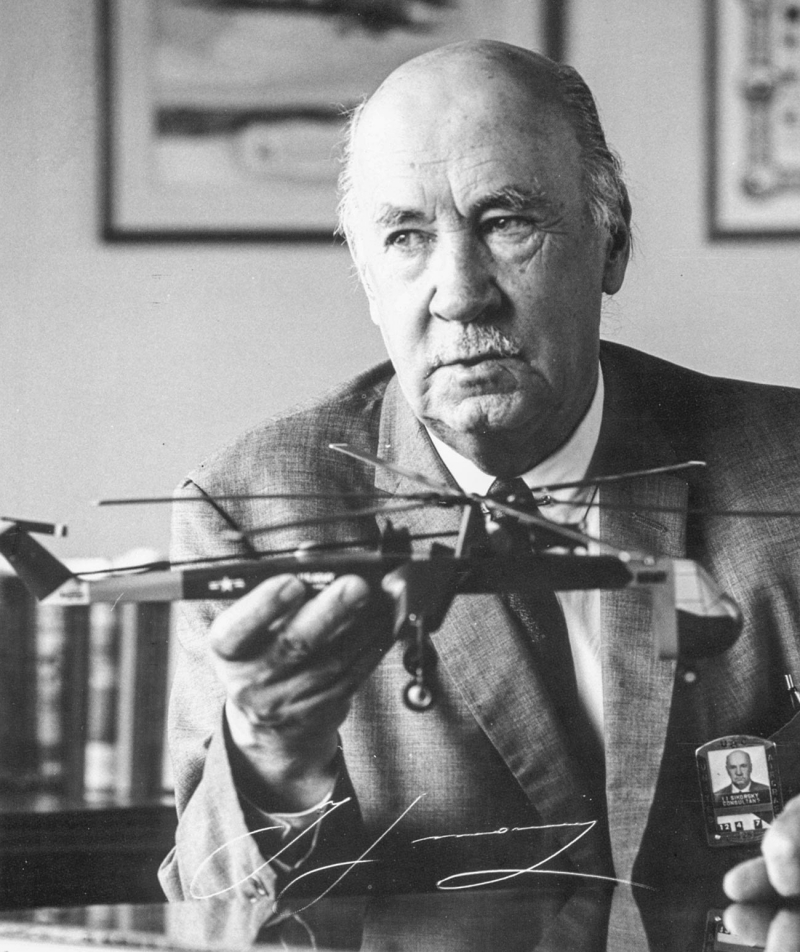
m.nguoiduatin.vn 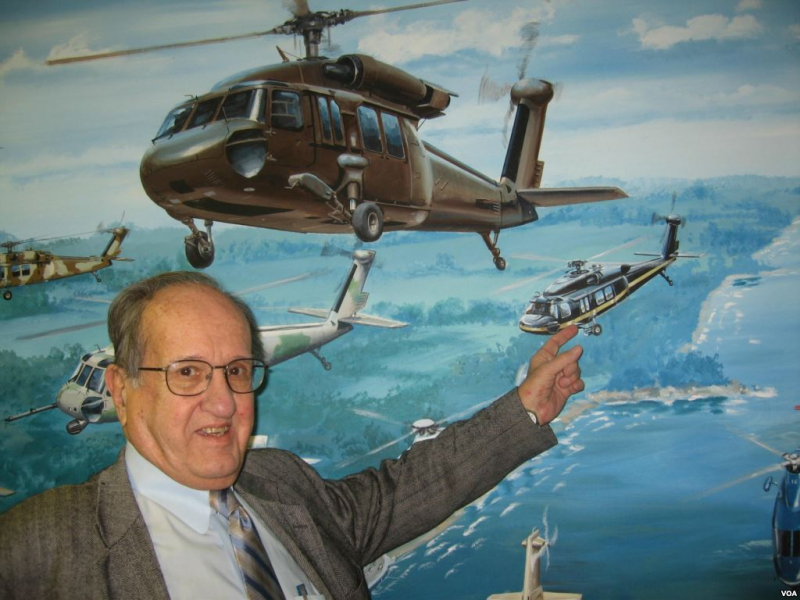
commons.wikimedia.org -
Mykhailo Serhiiovych Hrushevsky (29 September [O.S. 17 September] 1866 - 24 November 1934) was a Ukrainian academician, politician, historian, and statesman who was a key figure in the early twentieth-century Ukrainian national revival. Among the most important historical figures in Ukraine, he is widely regarded as the country's greatest modern historian, the foremost scholar organizer, the leader of the pre-revolution Ukrainian national movement, the head of Ukraine's 1917-1918 revolutionary parliament, and a leading cultural figure in the Ukrainian SSR during the 1920s.
Hrushevsky is currently regarded as Ukraine's greatest 20th-century scholar and one of the most prominent Ukrainian statesmen in Ukraine's history, and he is still famous in Ukraine. Despite both playing more important roles during the Ukrainian People's Republic, Vynnychenko was too left wing and Petliura was too associated with violence to make a good symbolic figure.
The portrait of Hrushevsky appears on the 50 hryvna note. His memory is honored with a museum in Kyiv and another in Lviv, as well as monuments in both cities. In Kyiv, a street bearing his name houses the Verkhovna Rada (parliament) and many governmental offices. The Ukrainian Academy of Sciences has recently begun publishing his Collected Works in 50 volumes.
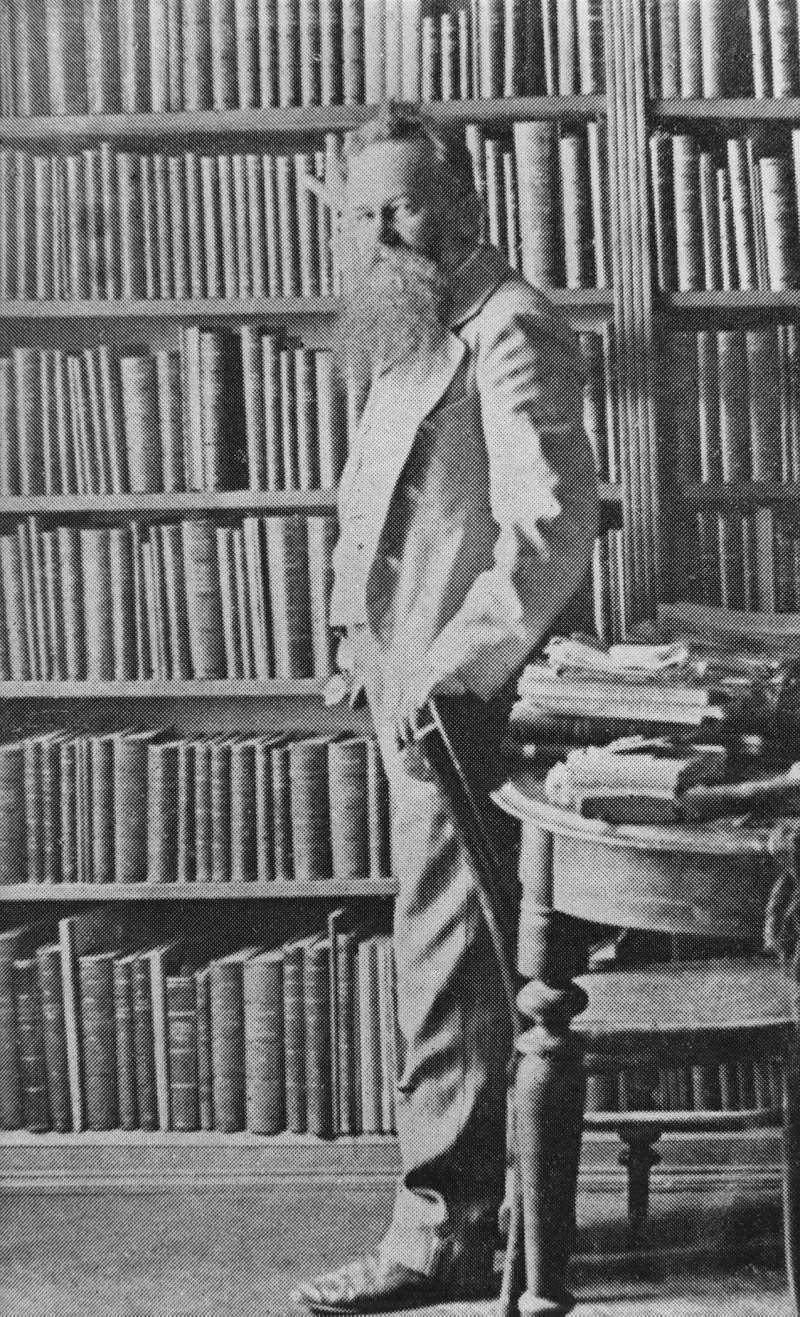
petersonliteraryfund.com 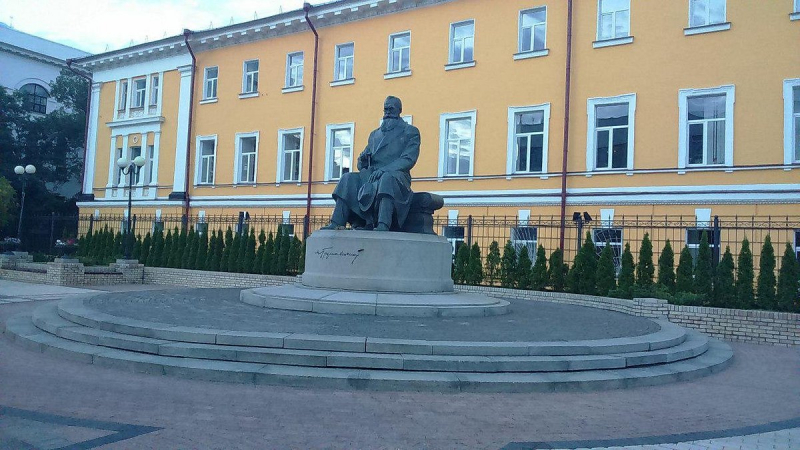
tripadvisor.com












